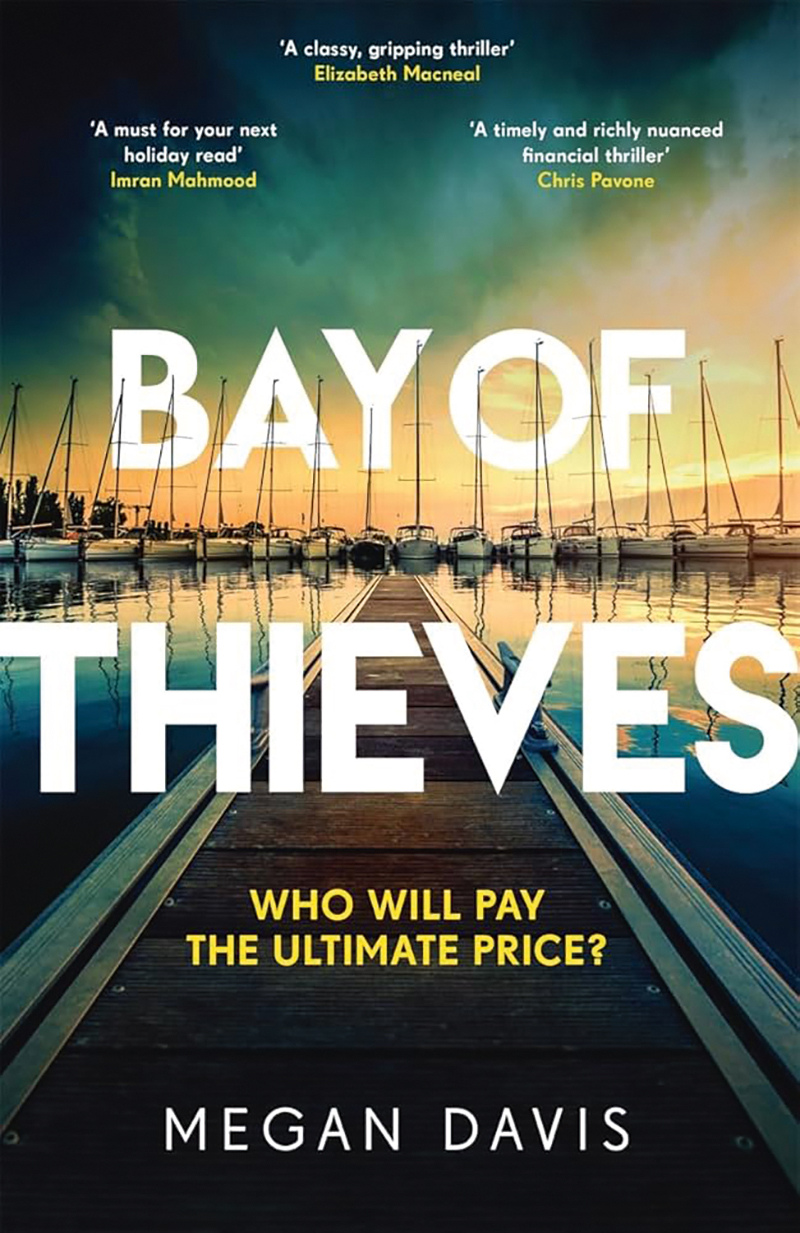The backlash I experienced when I blew the whistle about the fraudulent scheme my bosses had devised was immense. I was escorted from the office like a criminal and my bosses turned the tables against me, creating trumped-up charges I was forced to defend. They tried to smear my
reputation, engaging expensive lawyers to humiliate and harass me, wearing me down with false allegations and legal fees.
And it did wear me down. I stopped eating and sleeping and became obsessed with my case. I was a husk of my former self, both physically and psychologically. My bosses knew exactly how to frighten me, hitting me where it hurt the most.
They didn’t stop there, and pursued me at home. Instead of sending emails they sent motorcycle couriers to deliver letters and documents at all hours of the night and day. One even found me in the playground with my kids. The message of intimidation was stark: we know where you live and we know your routine too.
Within several months I had lost my job, my health and my self-esteem. My sanity was in tatters, and my marriage was hanging by a thread. On top of this I had racked up huge legal fees meaning that if I lost my case, I would lose my home.
Within months, I was on the brink of losing everything I had, just because I refused to go along with an illegal transaction my bosses had cooked up.
I explore these themes in my book Bay of Thieves, which is about two women who are faced with similar choices: they can go along with the corruption of their boss, Rob, or they can pursue the riskier path of doing the right thing. The novel follows the women as they are drawn deeper into corruption, exploring just how far they are prepared to go for money before someone is killed.
The novel explores how easy it is to get drawn into corruption, and how difficult it is to escape. It also shows how isolating it is to speak out while everyone around you is in up to their necks.
The polarisation of the public’s view of whistleblowers is seen in the case of Julian Assange, who was freed last month after 12 years battling numerous serious allegations. On one hand, Assange is seen as a crusader for free speech and the public’s right to know, while on the other hand he is vilified as a traitor, someone deserving of imprisonment and, for some, the death penalty.
Other whistleblowers experience such polarisation in attitudes too. The financial cost of whistleblowing is high, but combined with the psychological impact it is life changing.
Despite bringing so much value to society, most whistleblowers never recover. Many regret their decision their whole lives. Almost all have had their careers ended, their lives ruined just for acting with integrity to protect the rest of us.
Megan Davis is a former lawyer turned writer, and an associate at Spotlight on Corruption an anticorruption NGO.
Bay of Thieves by Megan Davis is out now (Zaffre, £18.99). You canbuy it from The Big Issue shop on bookshop.org, which helps to support The Big Issue and independent bookshops.
Do you have a story to tell or opinions to share about this? Get in touch and tell us more. Big Issue exists to give homeless and marginalised people the opportunity to earn an income. To support our work buy a copy of the magazine or get the app from the App Store or Google Play.










